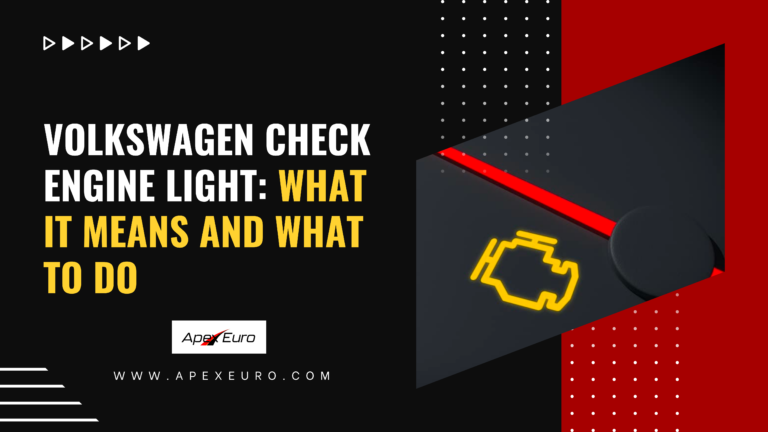If you own a Volkswagen, you may have experienced the dreaded moment when the check engine light comes on. It’s a warning that something is wrong with your vehicle, but it’s not always clear what the problem is. This article will help you understand what the check engine light means, why it’s on, and what steps you should take to address it.

The check engine light is a warning indicator on your Volkswagen’s dashboard that alerts you to a problem with the engine or related systems. When the light comes on, it means that the onboard computer has detected an issue that needs attention.
There are many reasons why your Volkswagen’s check engine light may be on. Here are some common causes:
If your Volkswagen’s check engine light comes on, here’s what you should do: